It turns out that some of the most effective acne-fighting products can be found right in the drugstore aisle. Yes, those pricey acne treatments can really do the work, and we have a lot of favorites there, but don’t write off their drugstore counterparts just because they’re cheaper. And really, who doesn’t love saving a buck or two?
It’s all about browsing for the right product that works for you. “When shopping for drugstore acne treatments, look carefully at the ingredients,” recommends dermatological nurse and celebrity aesthetician Natalie Aguilar. “It is important to avoid any ingredients you are allergic to or that are contraindicated when it comes to your health. For example, Retin-A should be avoided when pregnant, salicylic acid should be avoided if you are allergic to aspirin, and most acids should be used with caution when participating in outdoor activities because of increased sun sensitivity.”
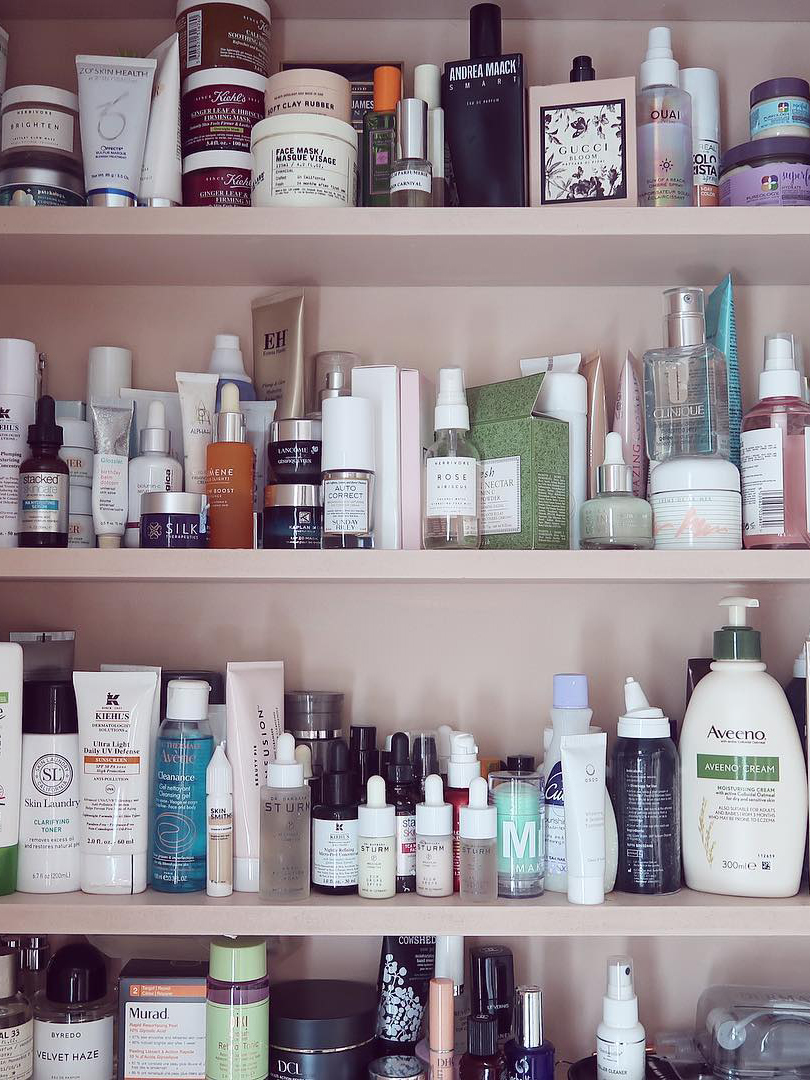
When reading the labels, prioritize certain ingredients. “Look for products that utilize salicylic acid, benzoyl peroxide, retinol, and sulfur, as each has been proven to treat acne and reduce a different aspect of the inflammatory cascade that leads to acne breakouts,” says Corey L. Hartman, MD, FAAD, founder of Skin Wellness Dermatology.
Aguilar also suggests pinpointing what type of acne you have and how severe it is and then finding products that cater to that particular condition. She shared some of her recommendations for ingredients based on the type that you’re experiencing:
Alpha Hydroxy Acids: Some examples include lactic, mandelic, and glycolic acids. “These acids are usually derived from foods and tend to be on the gentler side,” she says. “These should be the first ingredients one should prioritize, as they are usually a great way to introduce acids to the skin. These products work by drying up whiteheads, blackheads, and pimples and exfoliating the top layer of your skin. They are usually found in face wipes, cleansers, toners, and moisturizers.”
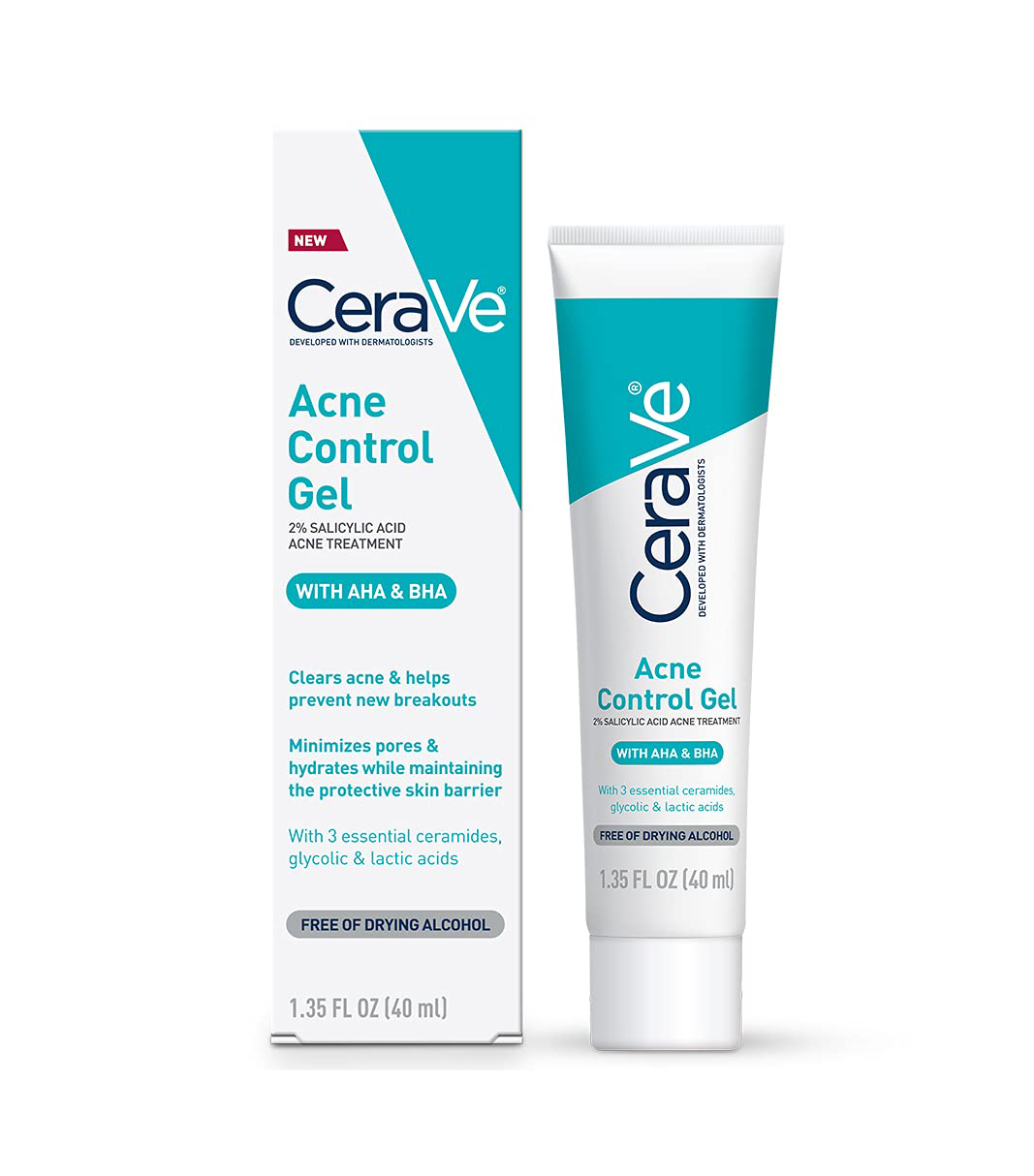
Salicylic Acid: “If one is experiencing a clogging type or congested type of acne, think blackheads, whiteheads, and dead skin, look for products that contain salicylic acid,” Aguilar says. “SA is a preferred ingredient when treating blackheads and whiteheads because it breaks down the materials that clog pores such as excess oil and dead skin cells. SA is generally safer for sensitive skin and is best used as a cleanser, wipe, or mask.”
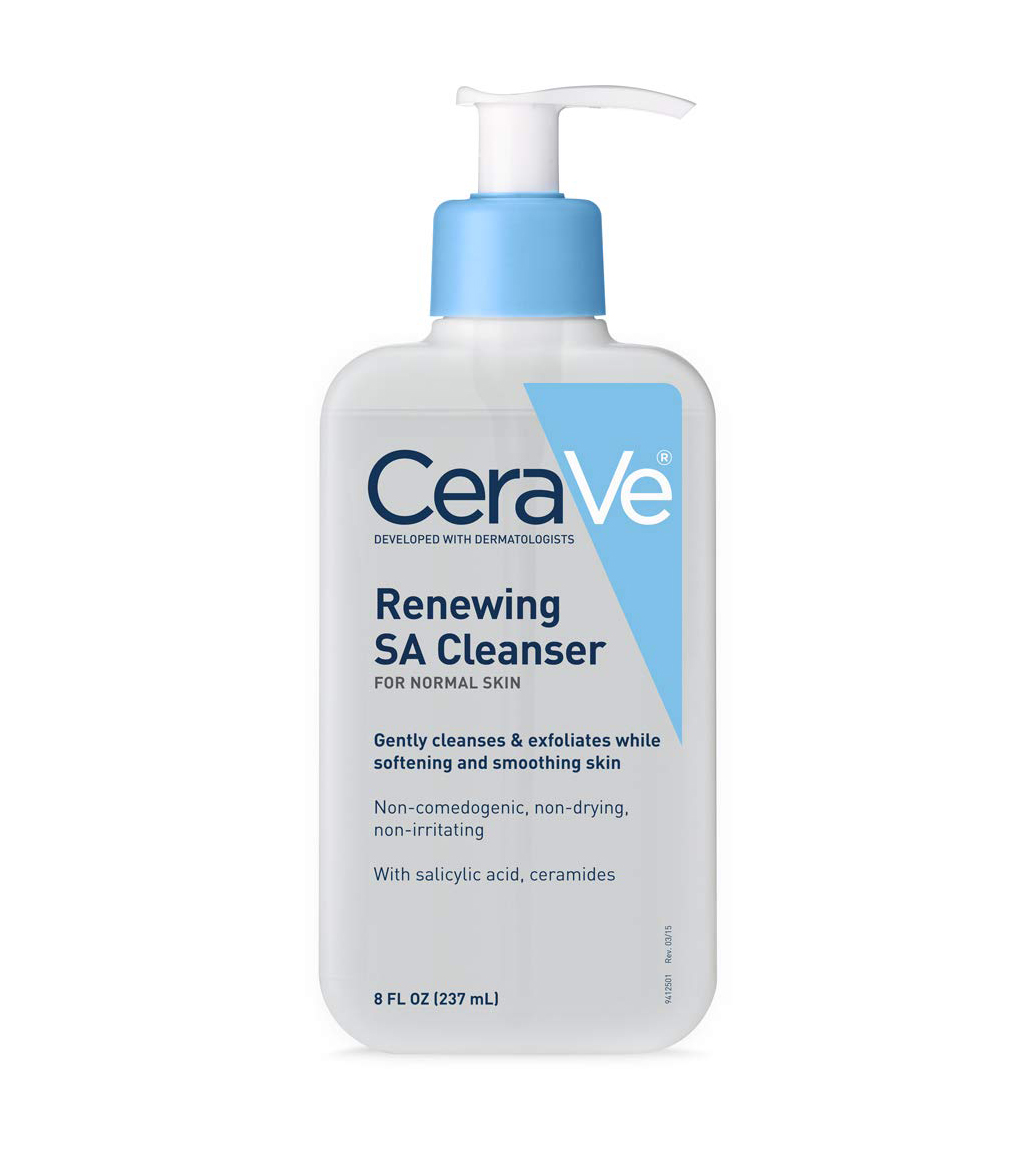
Benzoyl Peroxide: Aguilar says it’s also a popular ingredient when treating moderate to severe acne. It works to unclog the pores and stops bacteria from growing and causing blemishes and cystic lesions. Important note: You won’t want to use benzoyl peroxide if you have sensitive skin, as it can be drying and cause redness and irritation. Aguilar adds that it works well in a cleanser.
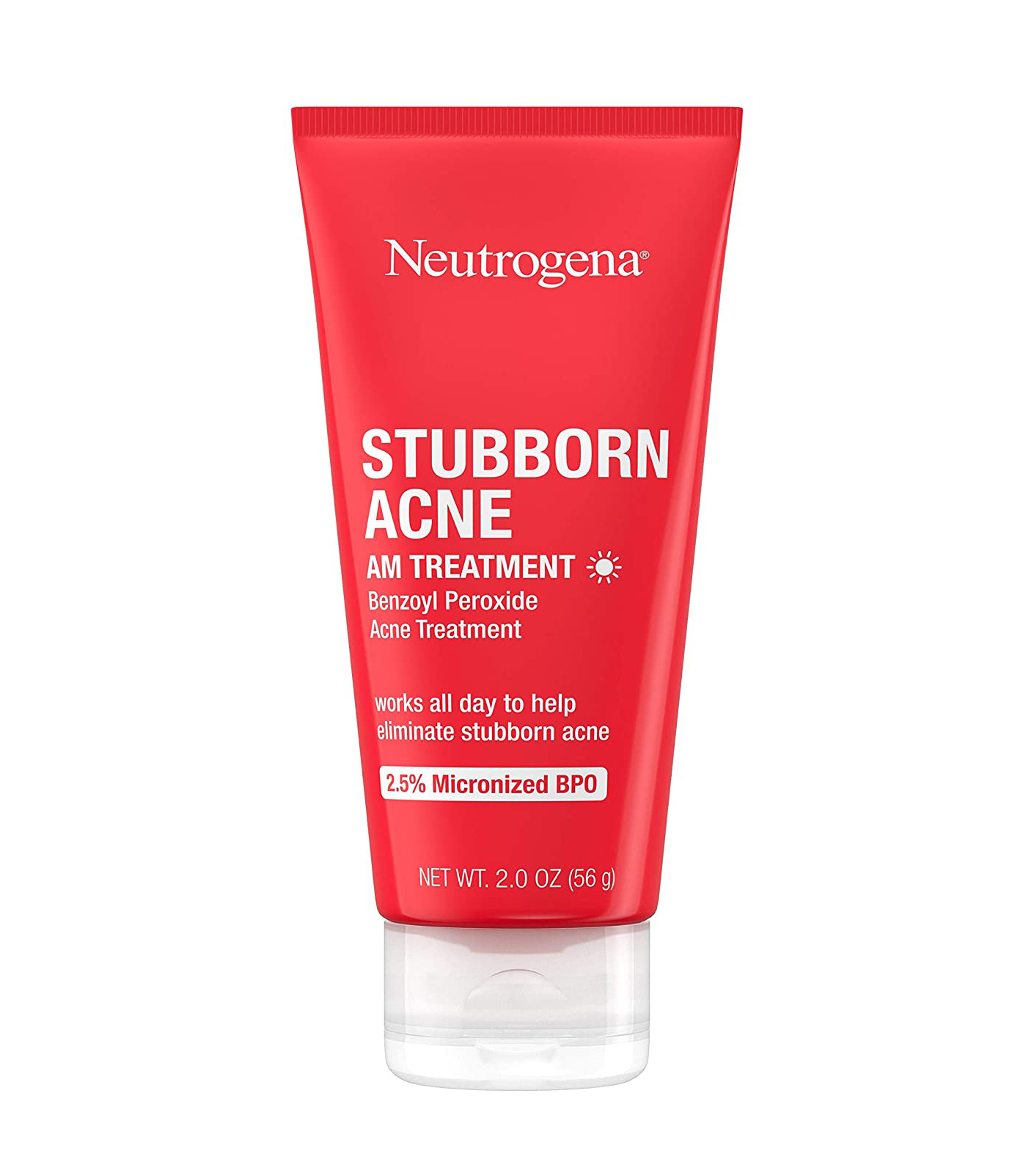
Vitamin C: “When trying to deal with acne and acne scars, vitamin C is a beautiful ingredient to incorporate into a skincare routine,” Aguilar says. “To start, vitamin C contains anti-inflammatory properties and helps reduce the redness and swelling that comes with acne. Vitamin C also stimulates collagen, which helps rebuild skin damaged from the rising and collapses into a crater. It is best used as a serum.”
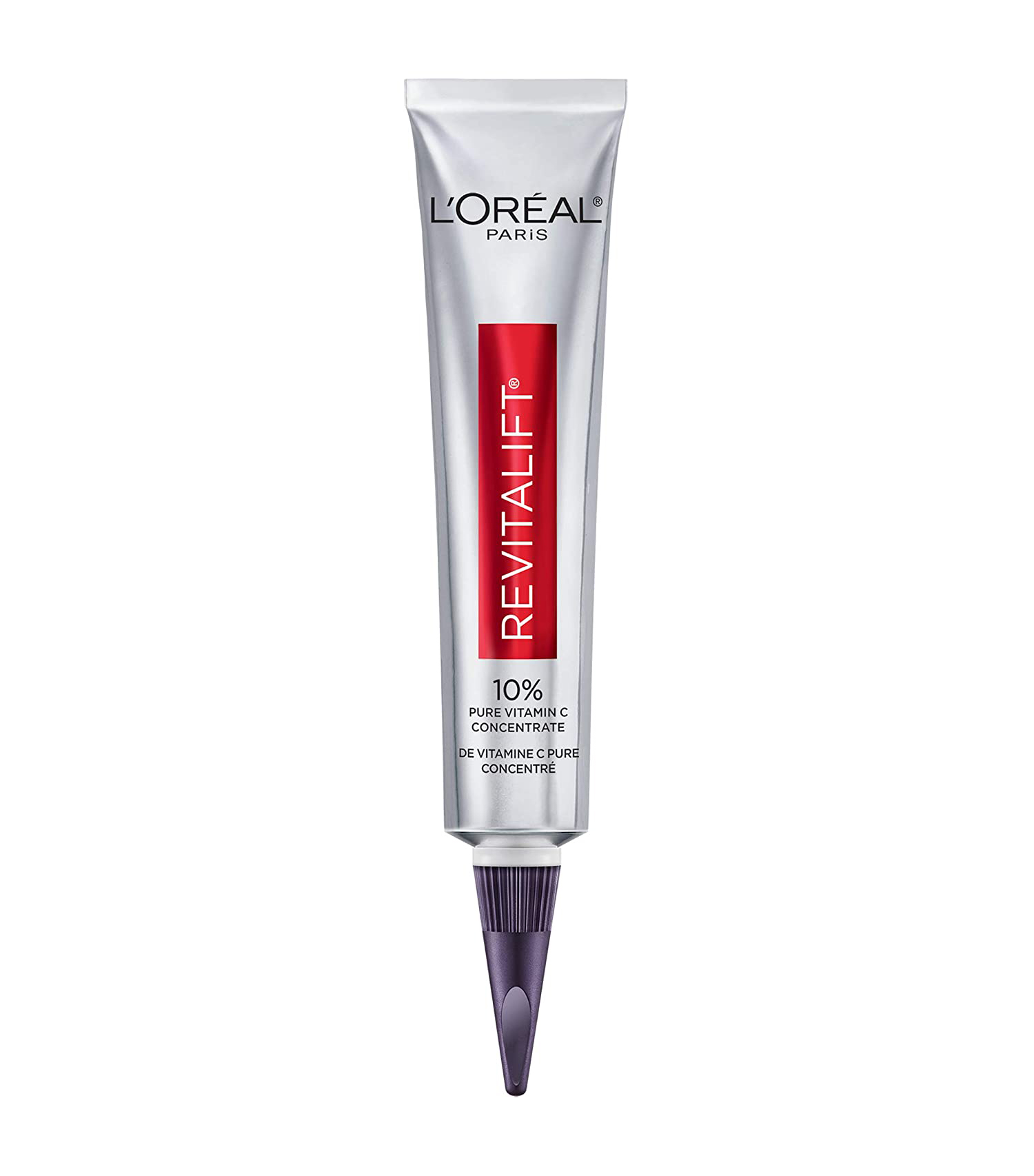
Vitamin A/Retinol: Both Aguilar and Hartman recommend this ingredient to treat acne—and Hartman even says it’s an ingredient to prioritize. “Retinols are vitamin A derivatives that are among the most studied and published ingredients in skincare,” he says. “Retinols regulate cell turnover, promote effective exfoliation, prevent acne, even discoloration, control oil, smooth fine lines, and wrinkles, unclog pores, and so much more.” Aguilar adds that it’s best used as a serum or treatment cream.
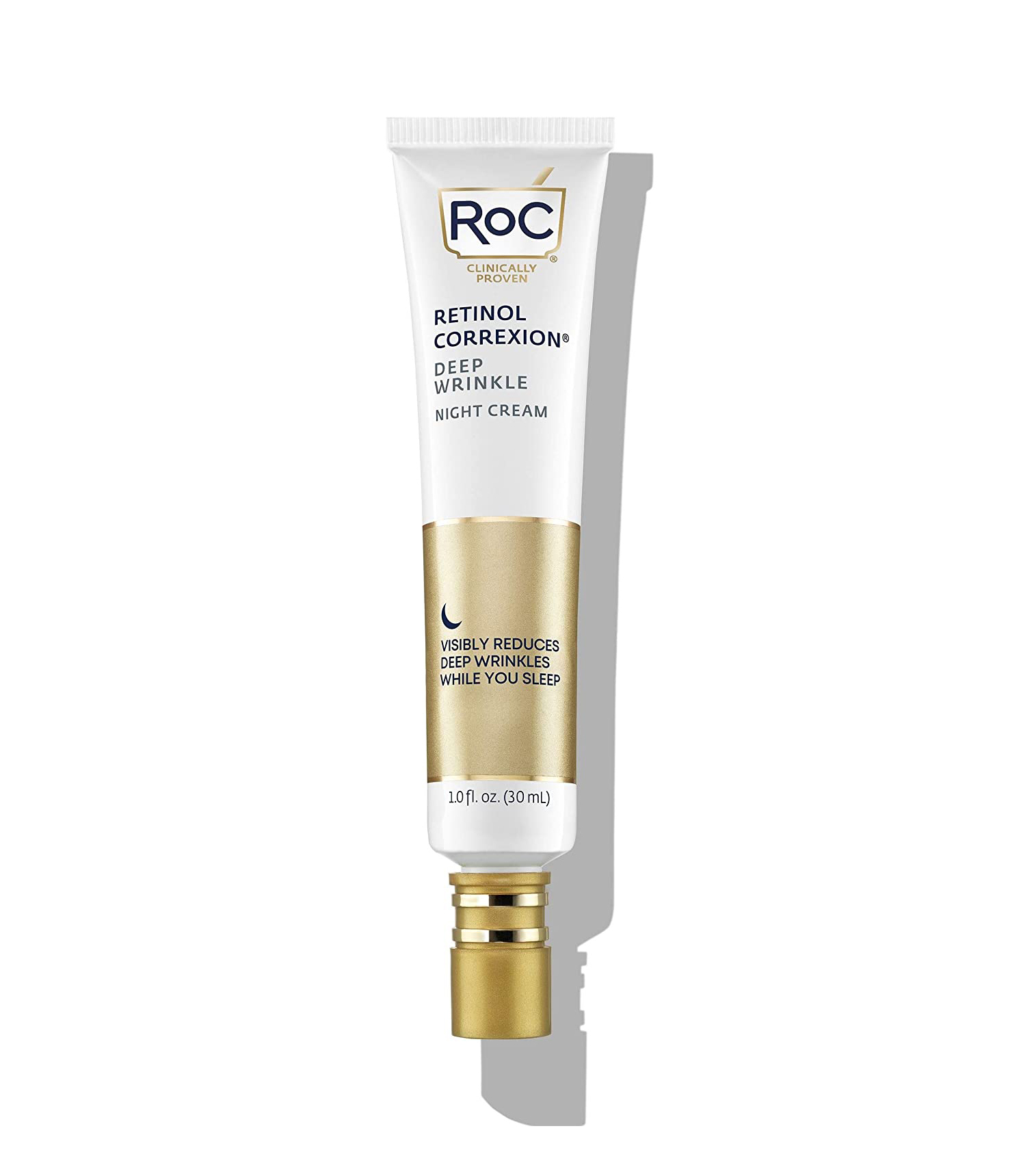
Just as there are ingredients to prioritize, there are also some you’ll want to avoid, as they may aggravate your acne. “Avoid shea butter, coconut oil, flaxseed oil, and cocoa butter, which are all comedogenic and clog pores to worsen acne and increase oiliness,” Hartman says.
Aguilar also suggests avoiding ingredients that can cause irritation or inflammation, as you’re already dealing with those things as is—so that means staying away from products that contain artificial fragrances and perfumes.
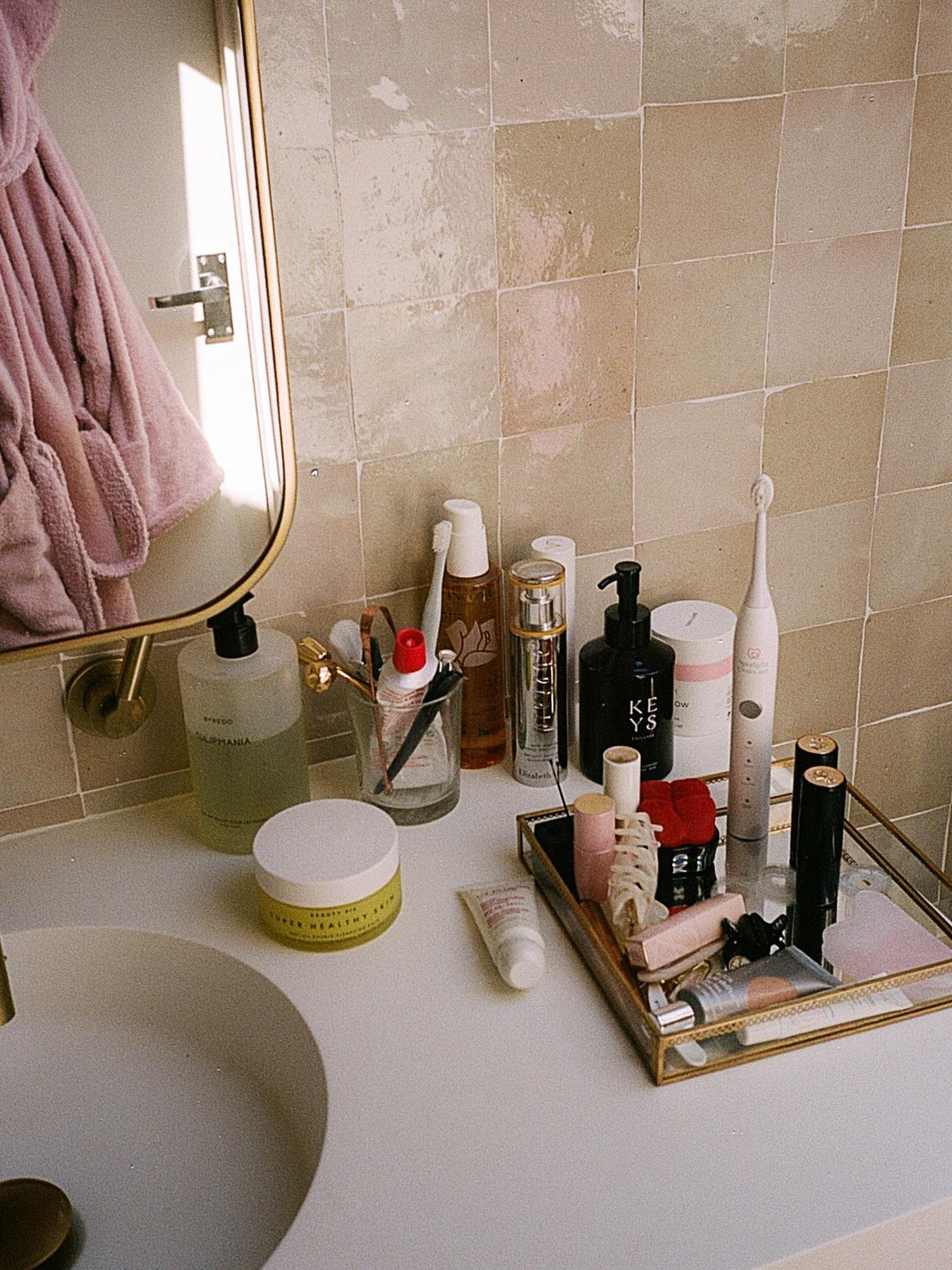
Once you find the products that work for you, that doesn’t necessarily mean you’ll be 100% in the clear. There is such a thing as user error, after all. Both Hartman and Aguilar shared some other tips for treating acne with us:
Be consistent: “Commit to consistency. The products and the regimen are secondary to a commitment to actually using them regularly,” Hartman says. “This one simple tactic will take you farther than the most expensive product or in-office procedure.”
Start small: “The biggest mistake one can make when shopping for OTC drugstore acne treatments is buying and doing too much,” Aguilar explains. “It’s best to start small and with the basics. For example, a new cleanser and moisturizer is a great way to start. Then maybe after two weeks, a new product can be introduced. Acne doesn’t clear up in a day, so going home with a cart full of new products isn’t going to help. It’s best to start minimal, asses, and reevaluate what is and isn’t helping.”
Follow the directions: Aguilar says this is another mistake. “I once received an email from someone asking for help,” she recalls. “He left an acne mask on overnight! The instructions had clearly labeled the mask to be rinsed off after three to five minutes. He gave himself a severe chemical burn.”
Only using one ingredient: Aguilar adds that some people might make the mistake of making a single ingredient the bathroom star. “You don’t need a salicylic acid cleanser, followed by a salicylic acid serum finished with a salicylic moisturizer,” she says. “A single star ingredient can alter your pH, making your skin feel uncomfortable and creating an imbalanced skin flora.”
And now that you have all that knowledge, it’s time to shop. Take a look at some recommended finds below.
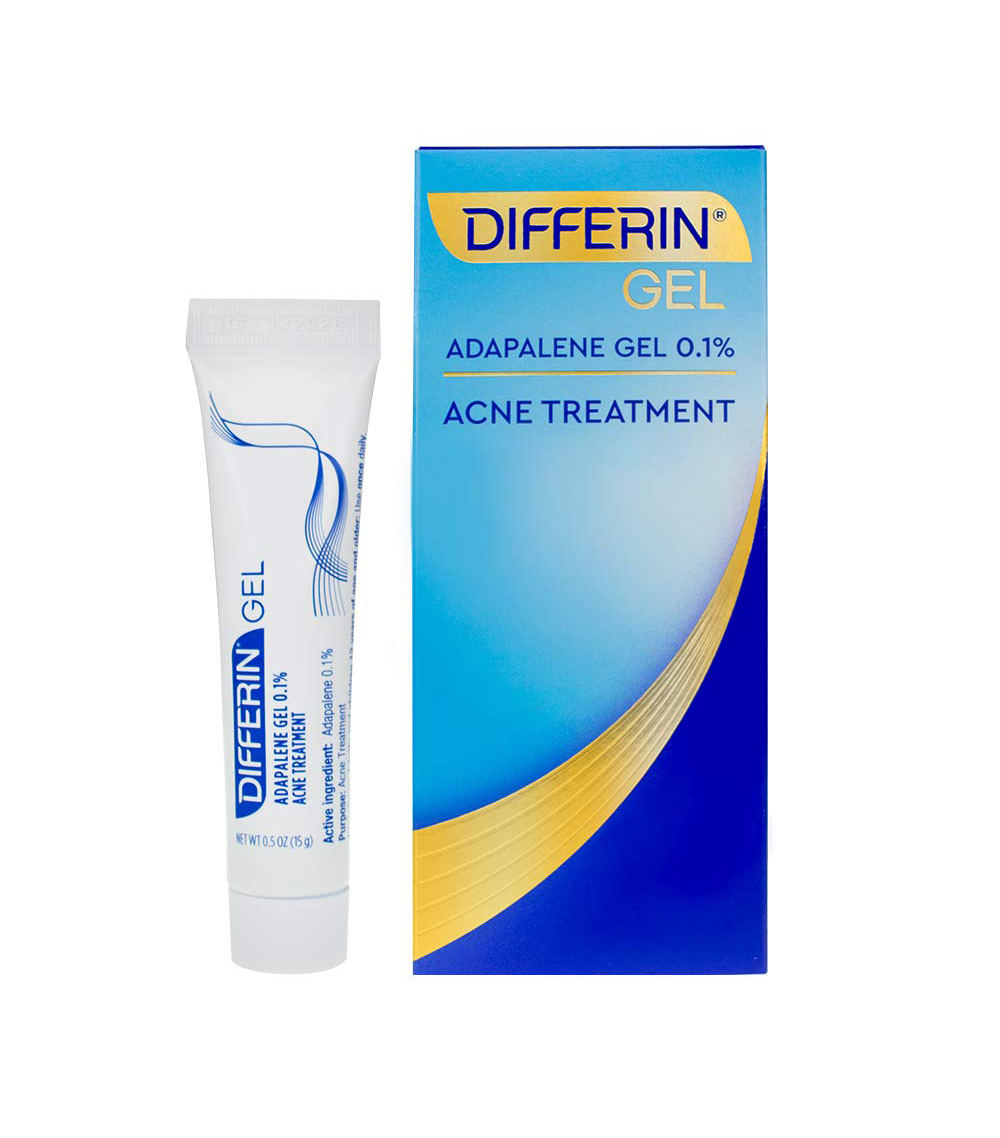
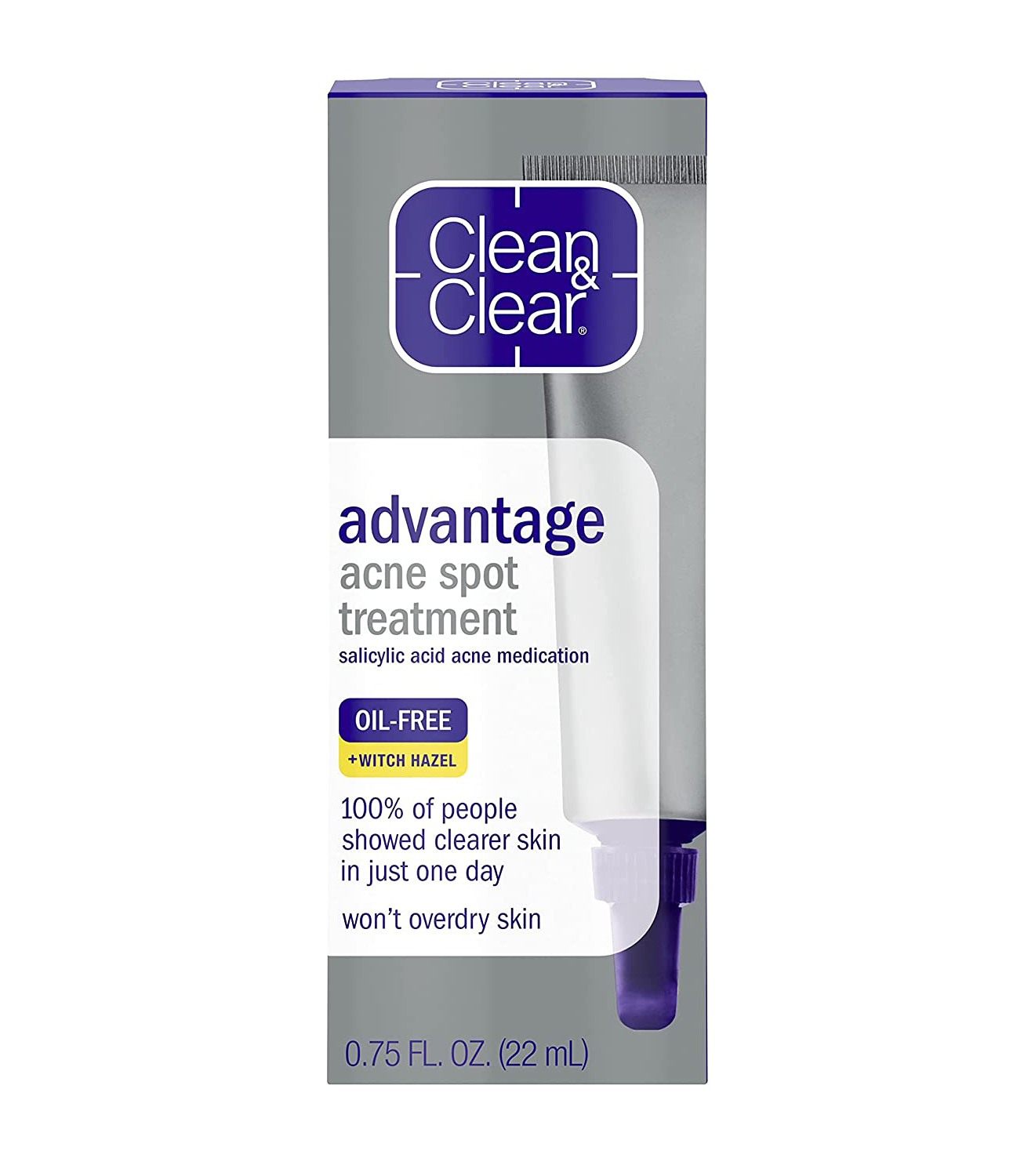
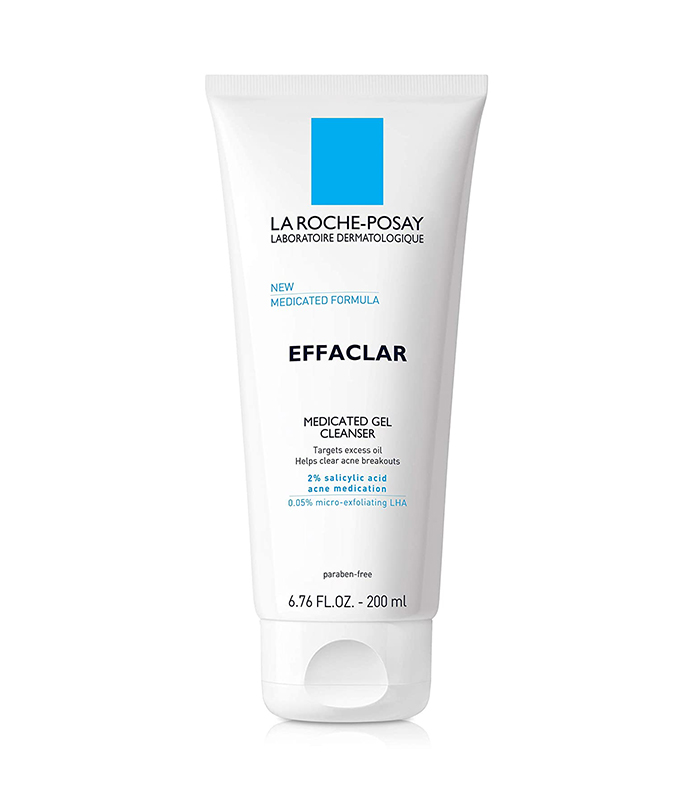
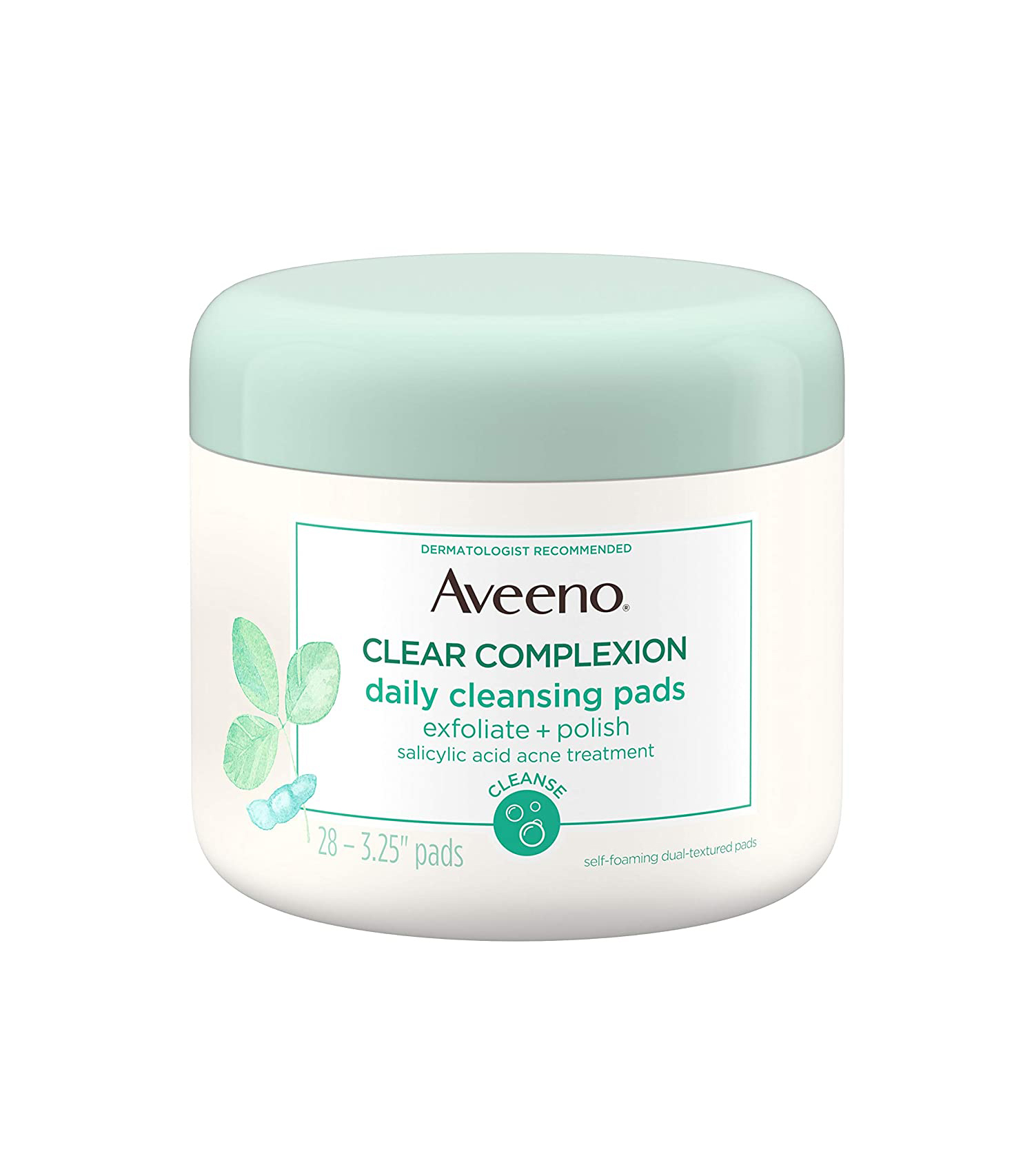
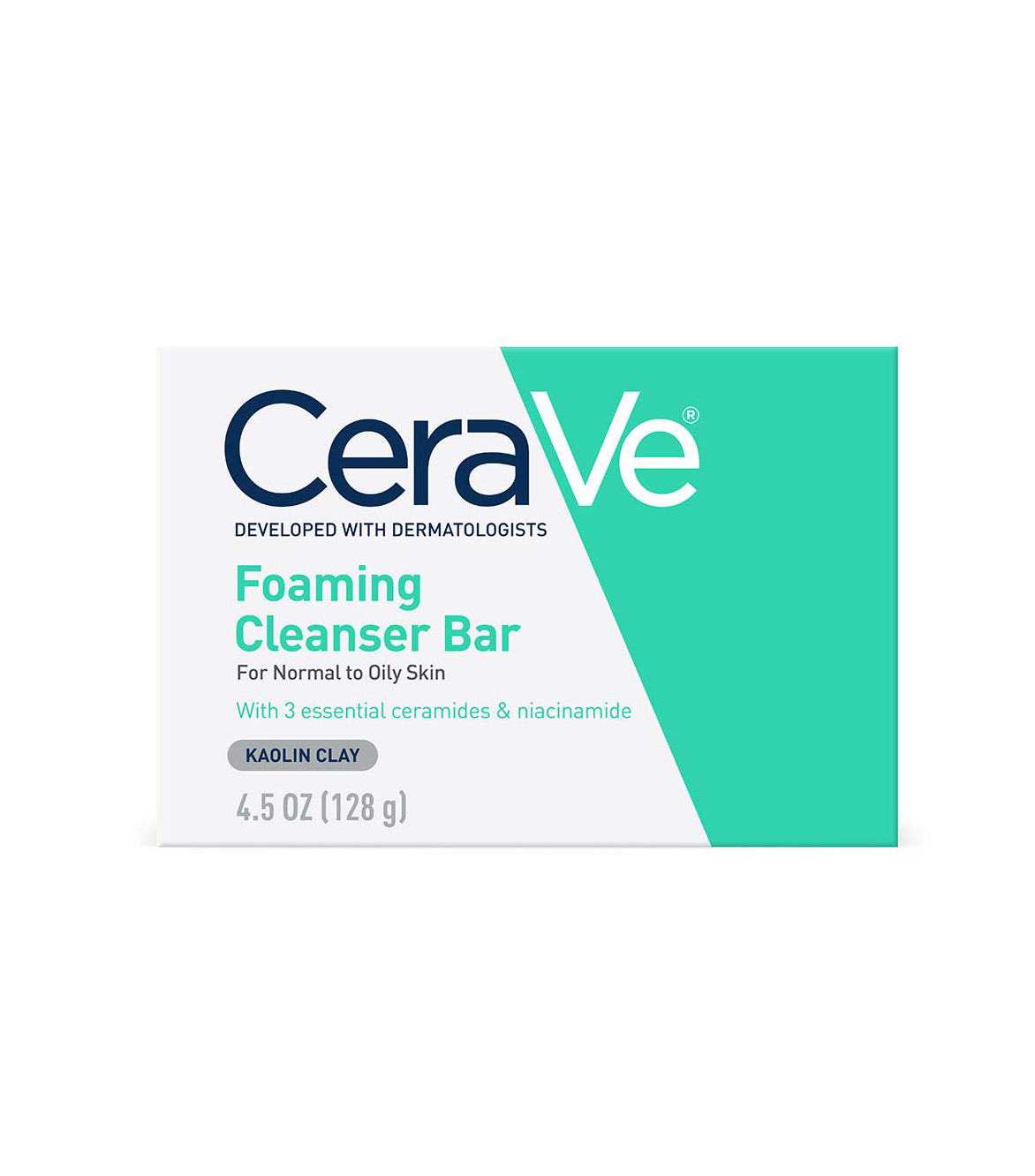
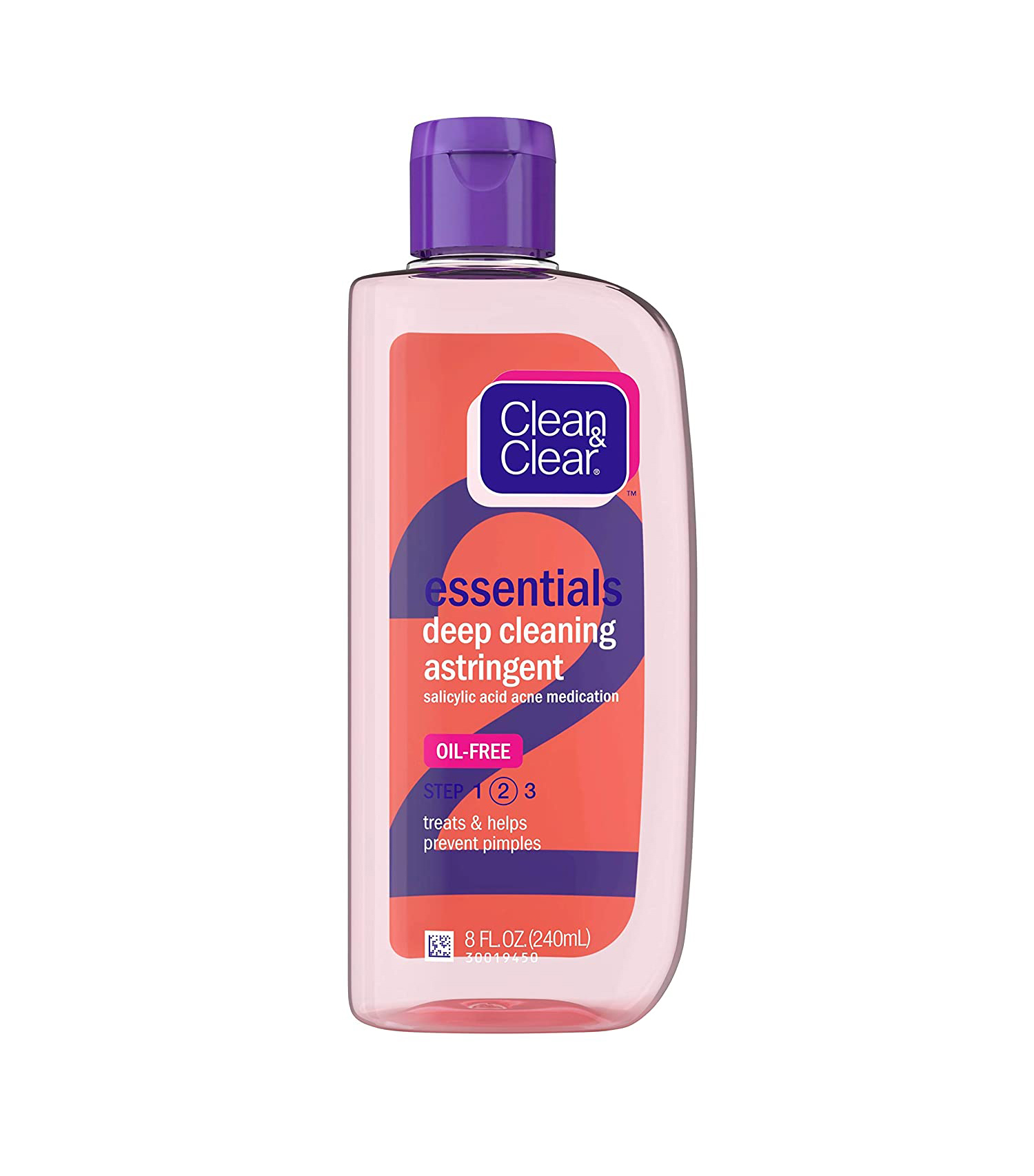
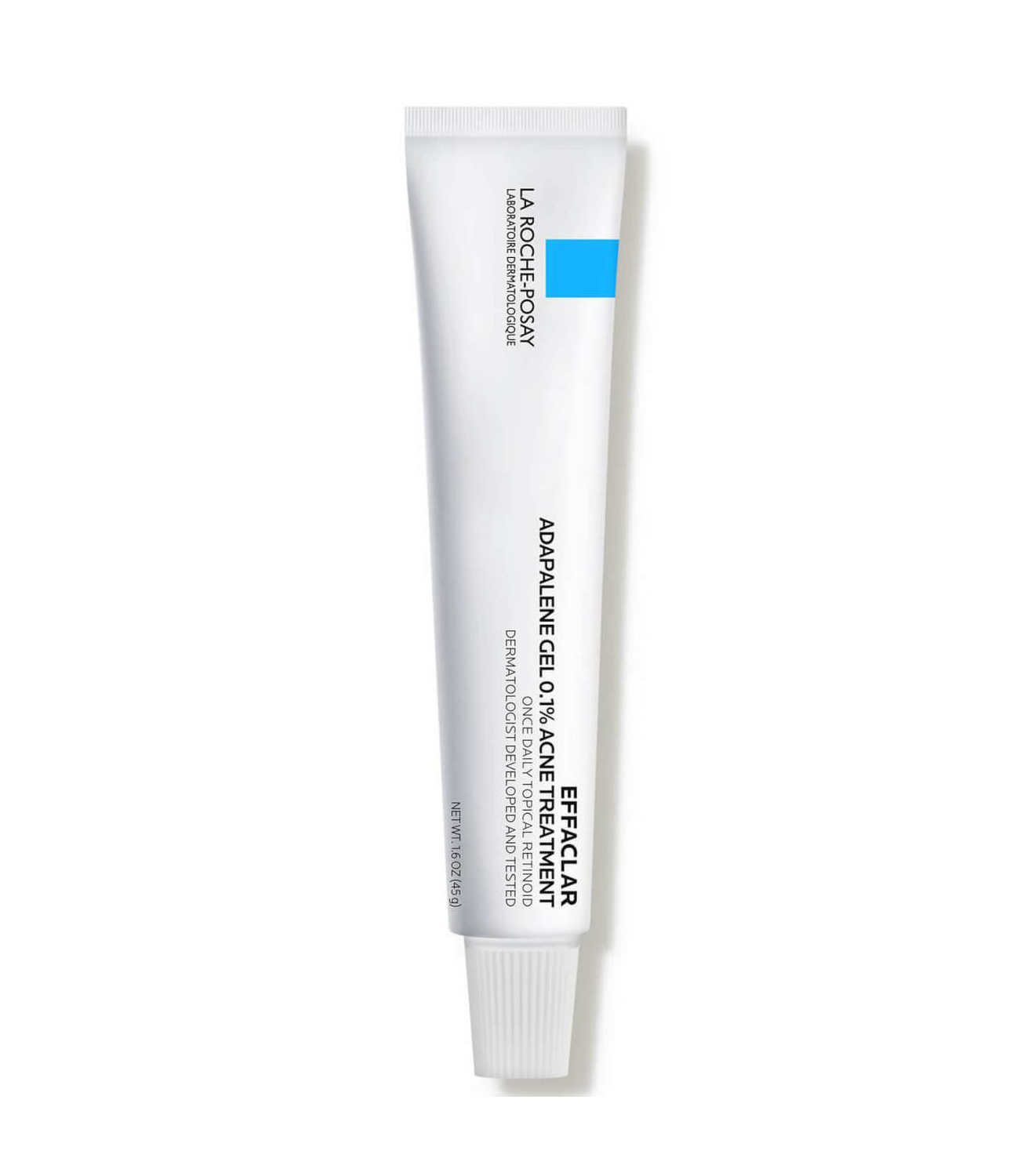
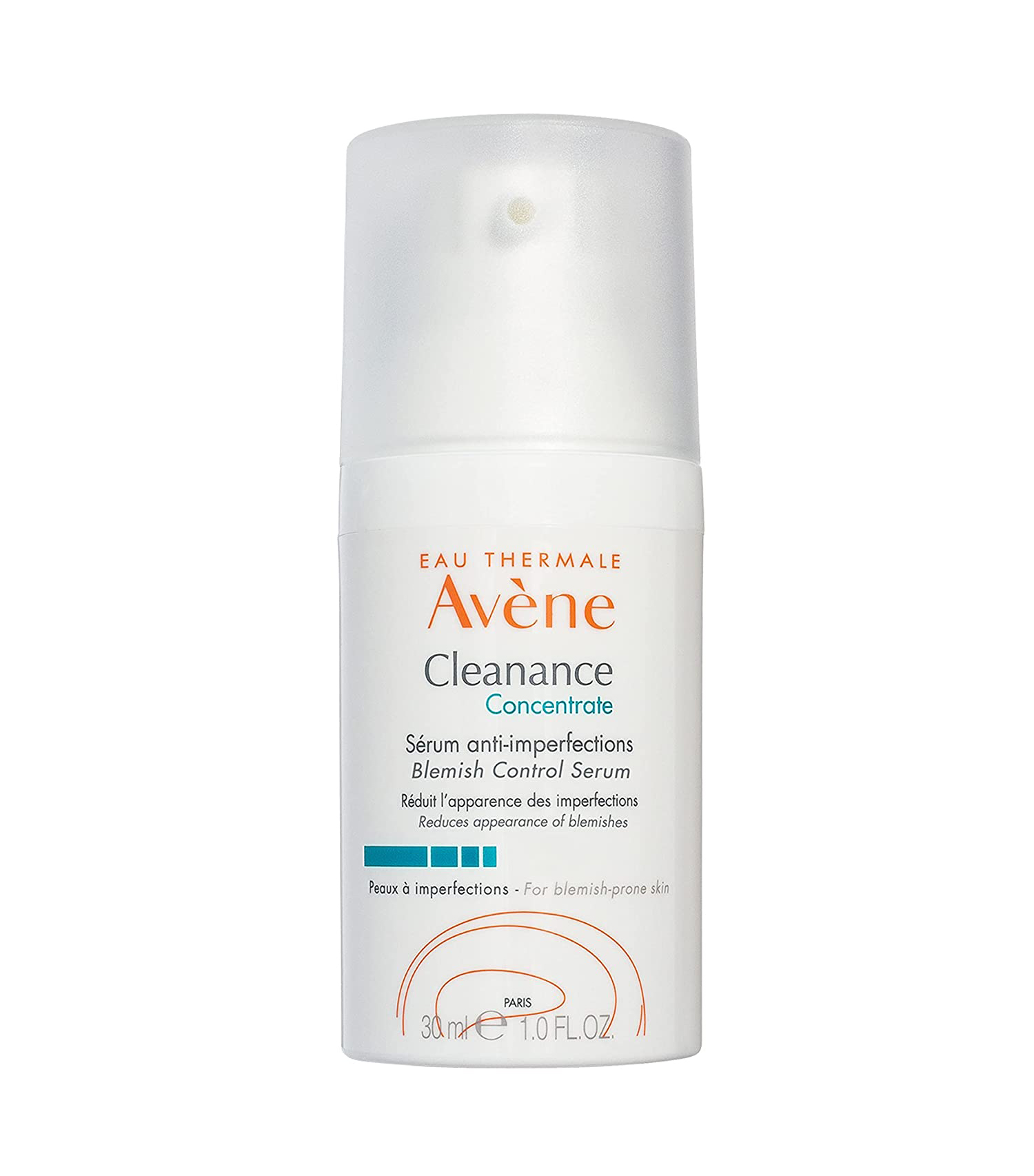
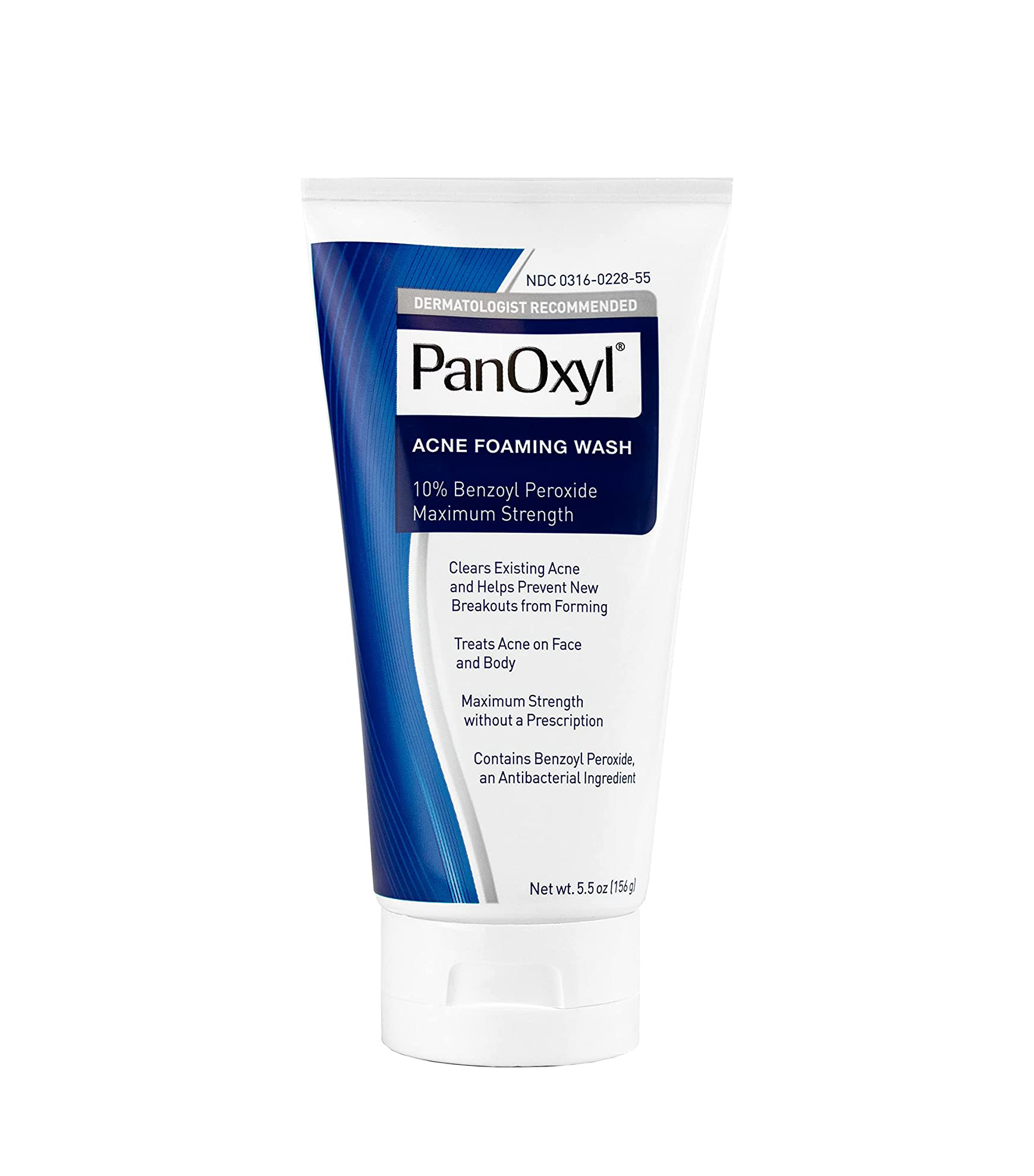
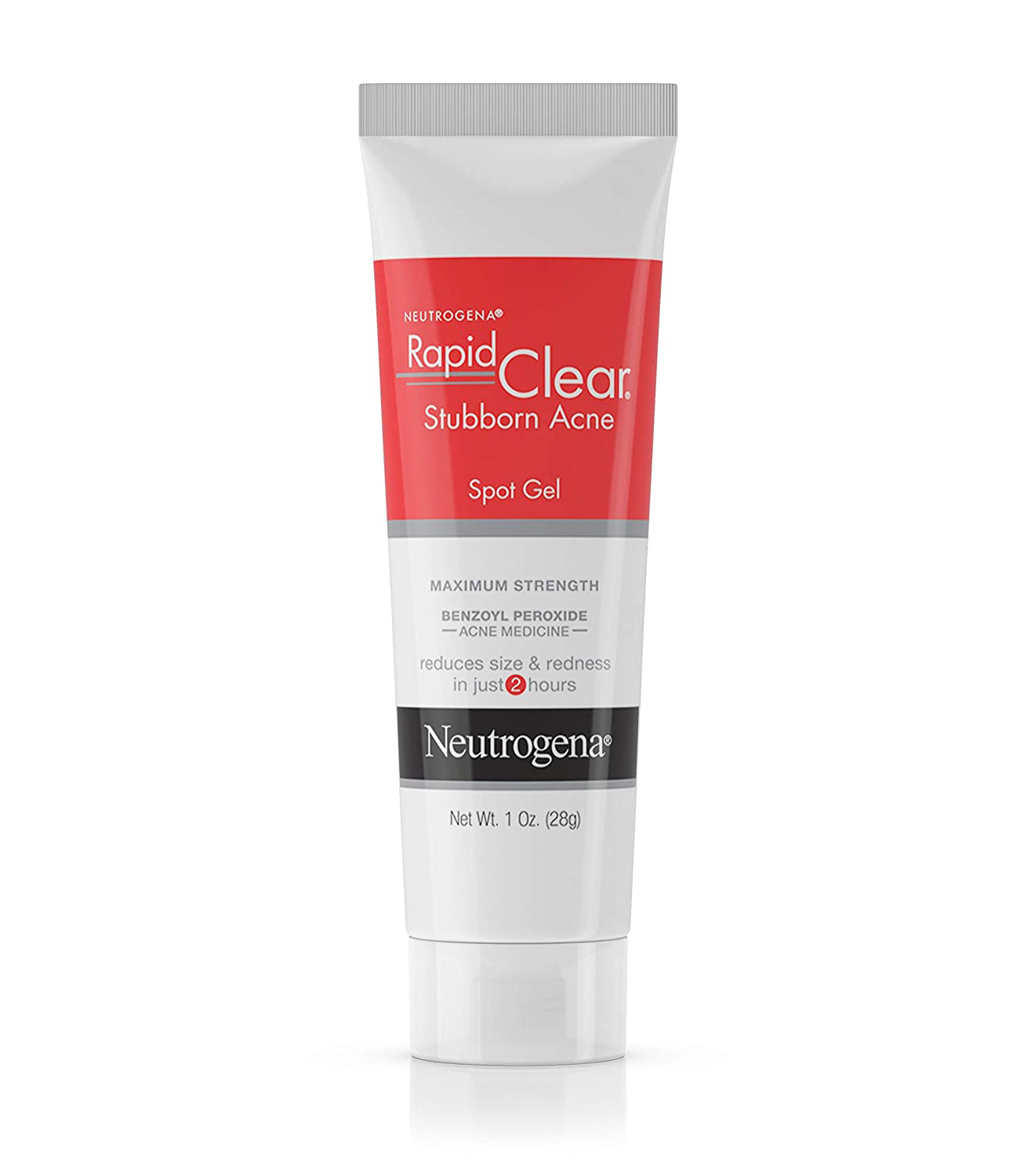
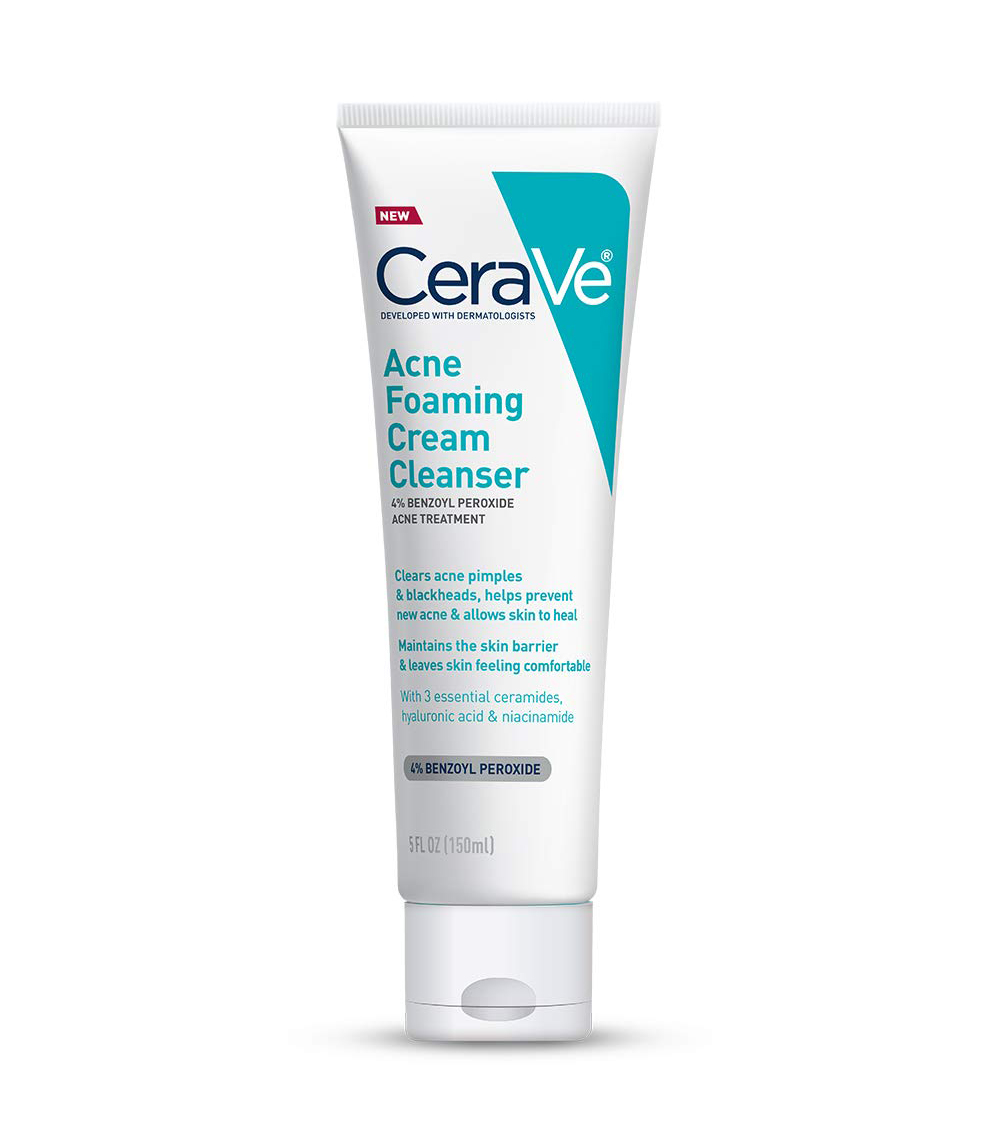
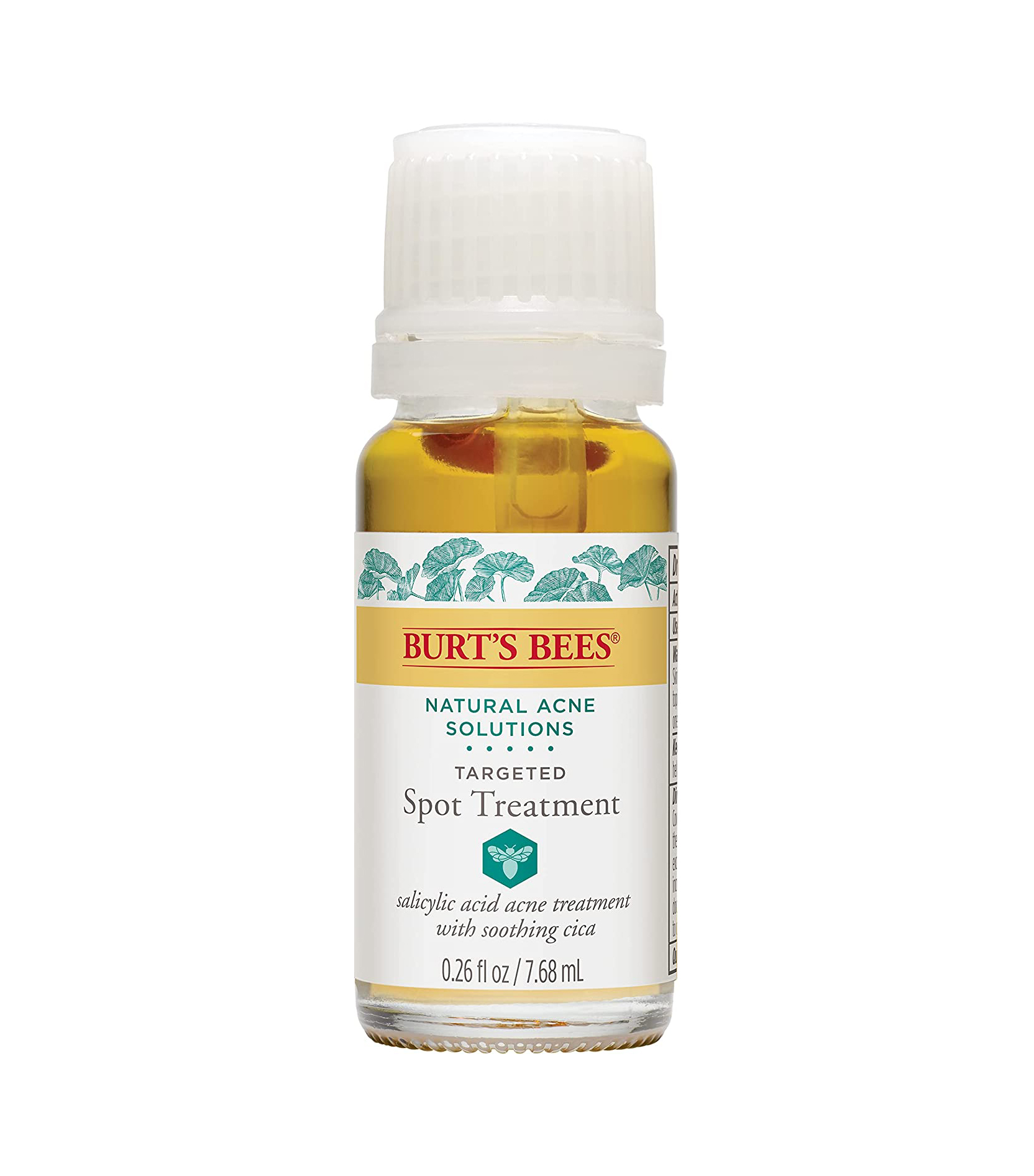
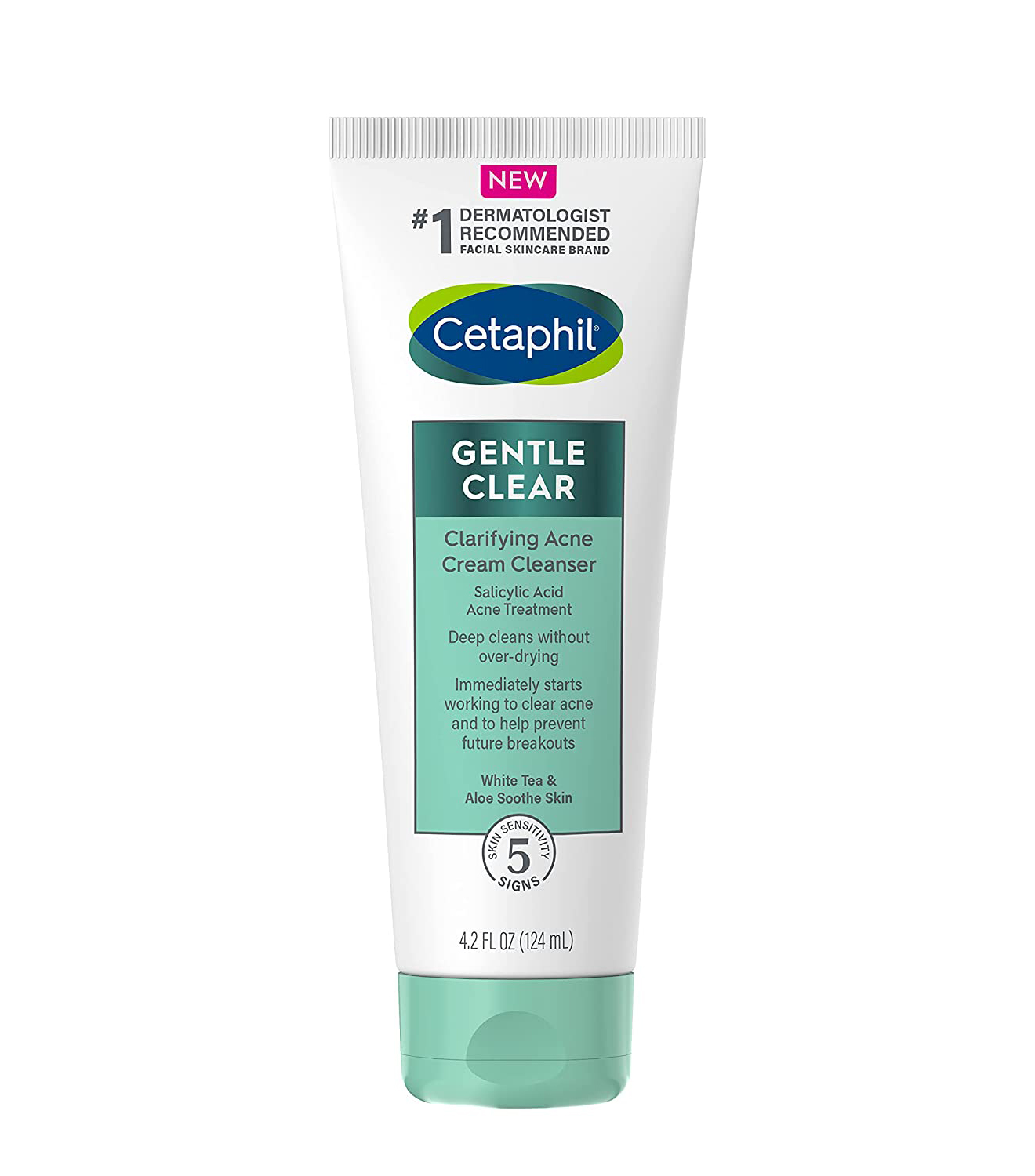
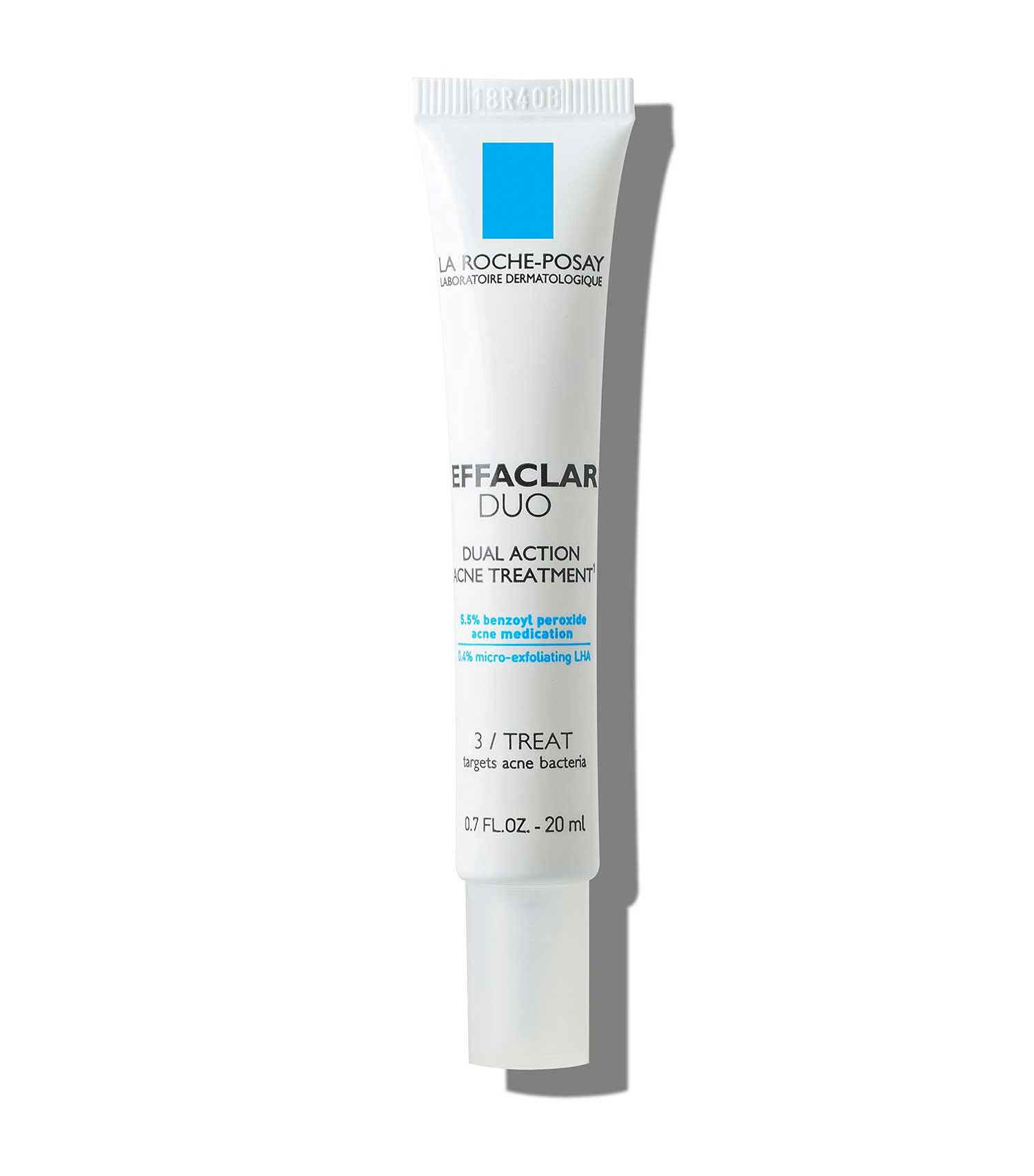
Powered by WPeMatico




